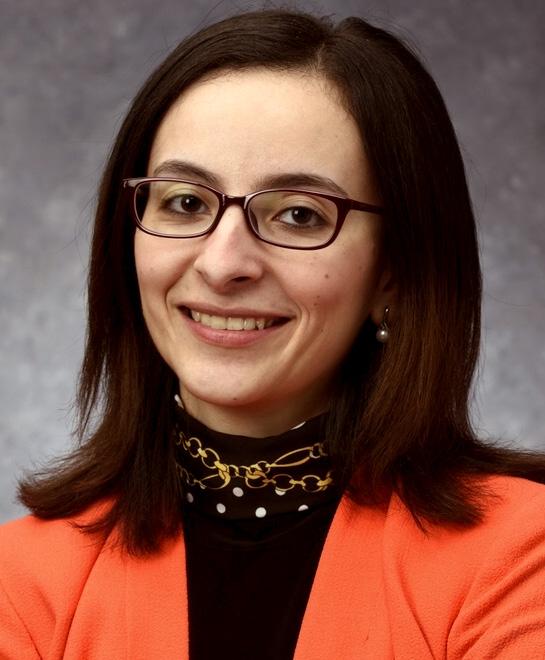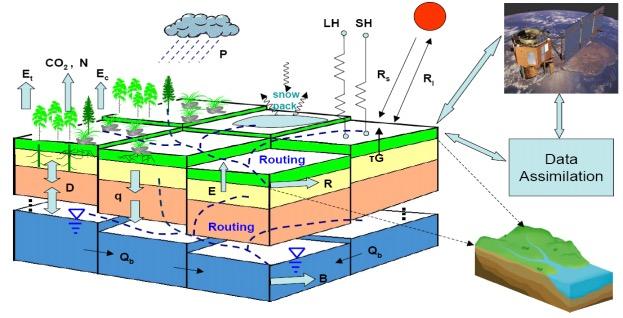ELECTRICAL & COMPUTER ENGINEERING
Gregory F. Reed, PhD
815 Benedum Hall | 3700 O’Hara Street | Pittsburgh, PA 15261
Professor Director, Center for Energy and the Energy GRID Institute Director, Electric Power Systems Laboratory
P: 412-383-9862 C: 412-389-7503 gfr3@pitt.edu www.engineering.pitt.edu/Gregory_Reed/
Electric Power Engineering and Technology Development Gregory F. Reed is the Director of the University of Pittsburgh’s Center for Energy and the Energy GRID Institute, Director of the Electric Power Systems Laboratory in the Swanson School of Engineering, and Professor of Electric Power Engineering in the Swanson School’s Electrical & Computer Engineering Department. Reed has over 30 years of combined industry and academic experience in the electric power and energy sector, including positions in engineering, research & development, and executive management throughout his career with the Consolidated Edison Co. of New York, ABB Inc., Mitsubishi Electric Corp., and DNV-KEMA. He is a member of the IEEE and ASEE. Reed earned his PhD in electric power engineering from the University of Pittsburgh (1997); M.Eng. in electric power from Rensselaer Polytechnic Inst. (1986), and BSEE with power concentration from Gannon Univ. (1985). Professor Reed’s research interests, teaching activities, and related pursuits include:
• Advanced electric power grid and energy generation, transmission, and distribution system technologies; • Power electronics and control technologies (FACTS and HVDC systems); • Micro-grids and direct current (DC) infrastructure development; • Renewable and alternative energy systems and integration; • Smart grid technologies and energy storage applications.
The Electric Power program at Pitt has been developed in close collaboration with industry, government, and other constituents to provide innovative education and collaborative research programs in the areas of electric power and energy engineering. Working together with our partners, Pitt is contributing to solutions that address the aging workforce issues in the electric power and energy sector through progressive modernized educational programs, as well as to advances in technology development through basic and applied research. The program also has a strong outreach component, including contributions to K-12 STEM programs. In the area of electric power engineering education, concentrations have been developed at both the undergraduate (BS) and graduate (MS and PhD) levels, including a synchronous distance-learning based post-baccalaureate/ graduate certificate program in power. The curriculum consists of a strong set of courses addressing the core principals in electric power, while being augmented with new offerings in emerging technology areas. The program’s research work spans the electric power grid chain from generation to
transmission and distribution to utilization. Specific expertise is based on emerging technology development needs for microgrid and bulk power grid-level power electronics technologies and supporting systems and components of both AC and DC system infrastructures, as well as aspects of renewable energy integration and smart grid applications – including advanced power electronics converter designs, semiconductor developments, transmission & distribution system control technologies, energy storage systems, and energy management concepts. The ability to conduct both micro-grid and large-scale systems integration research for modeling, simulation, and analysis is based on the application of key industry standard tools. Research is supported through industry partnerships and government grants.
Electric Power Systems and GRID Laboratories The Electric Power Systems Laboratory at Pitt, sponsored in-kind by Eaton Corp., is a multi-use facility for both research and educational activities. The lab is located in Benedum Engineering Hall, and has a top-end power capacity of 480-V, 200 A, 75 kW. In addition, a new highpower/high-capacity lab is currently being constructed as part of the GRID Institute at the Energy Innovation Center near downtown Pittsburgh, and will have capabilities up to 15-kV, 5-MVA AC and 1.5-kV, 1-MVA DC, with advanced networking, controls, and real-time operating and testing facilities. These facilities provide opportunities for faculty and graduate students to perform advanced work in the areas of AC and DC micro-grid developments, smart grid technologies, power electronics devices and systems, renewable energy systems and integration, controls and communications, automation and relaying, distribution engineering, power quality, energy management, energy storage, and other emerging technology areas.
DEPARTMENT OF ELECTRICAL AND COMPUTER ENGINEERING
91





























































































